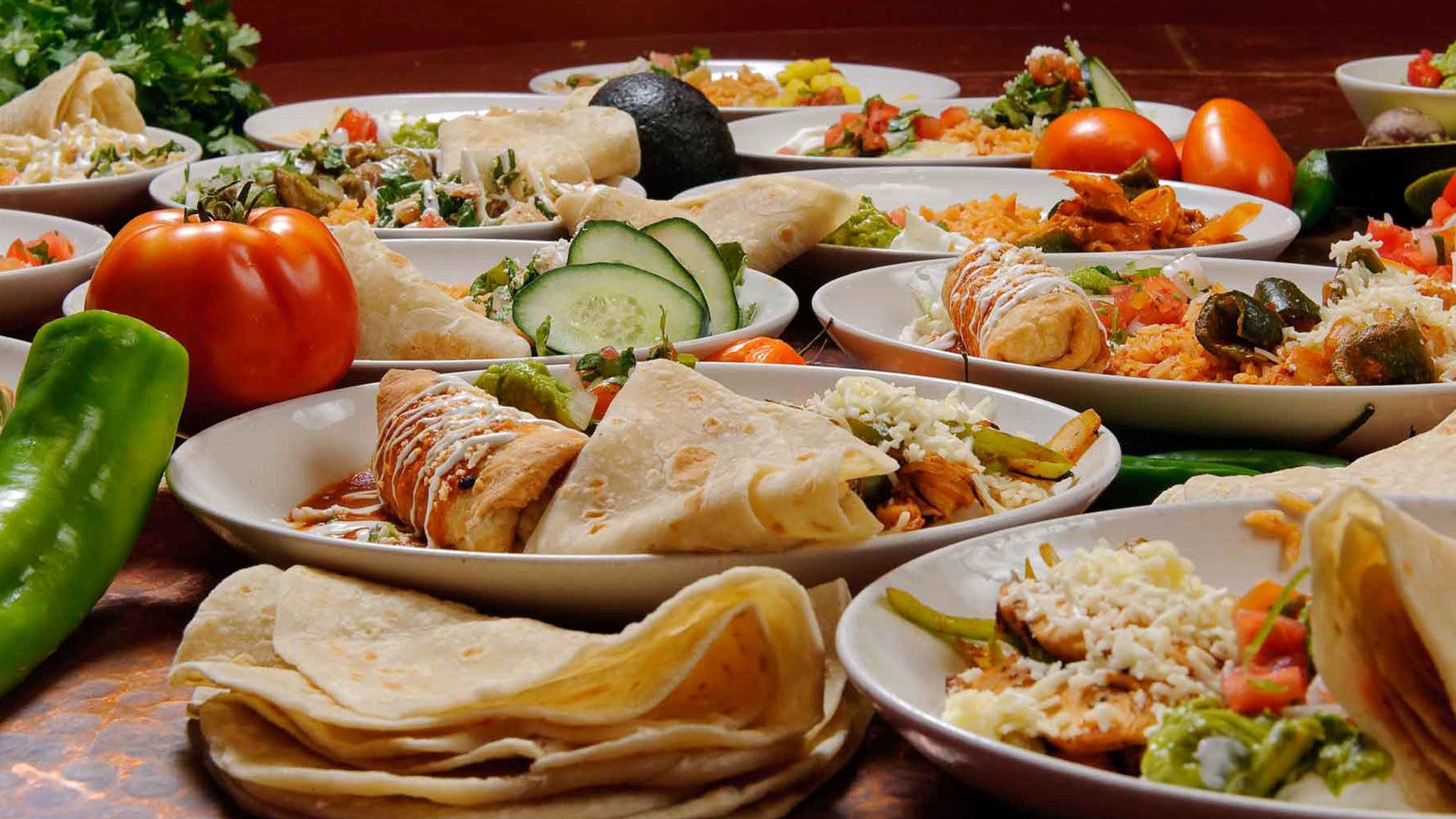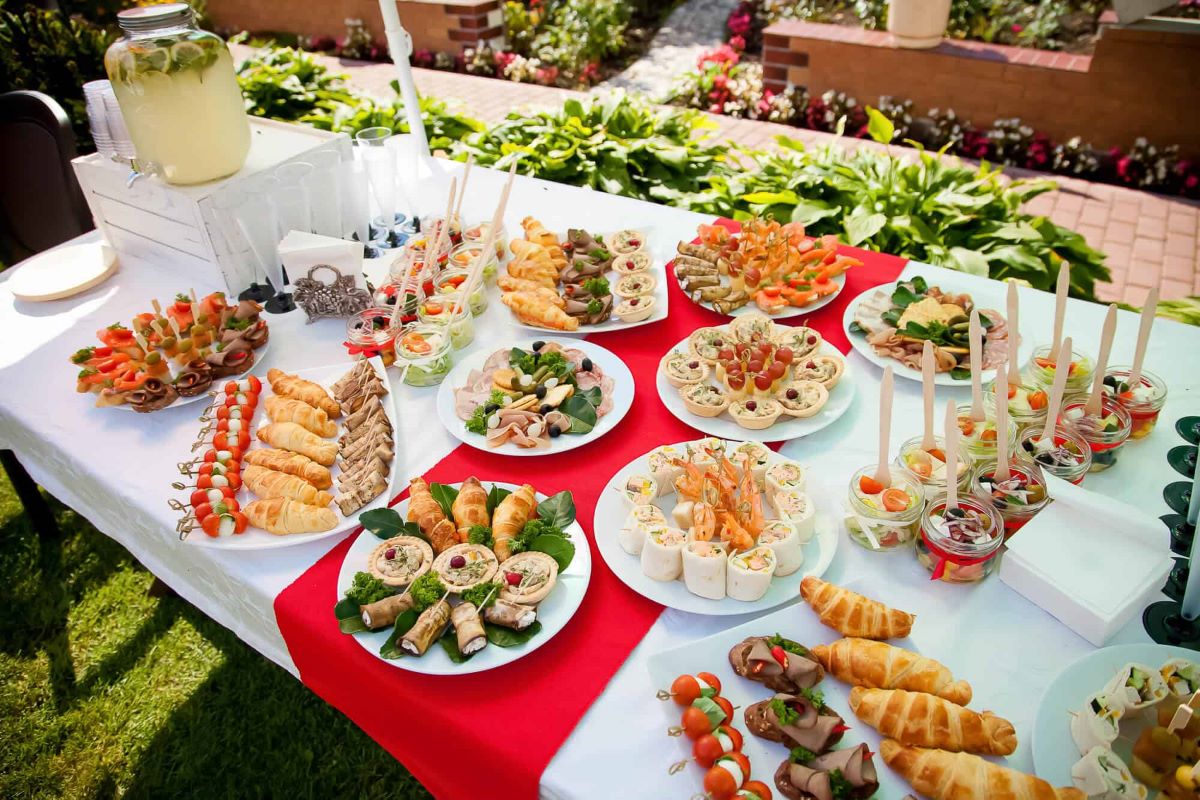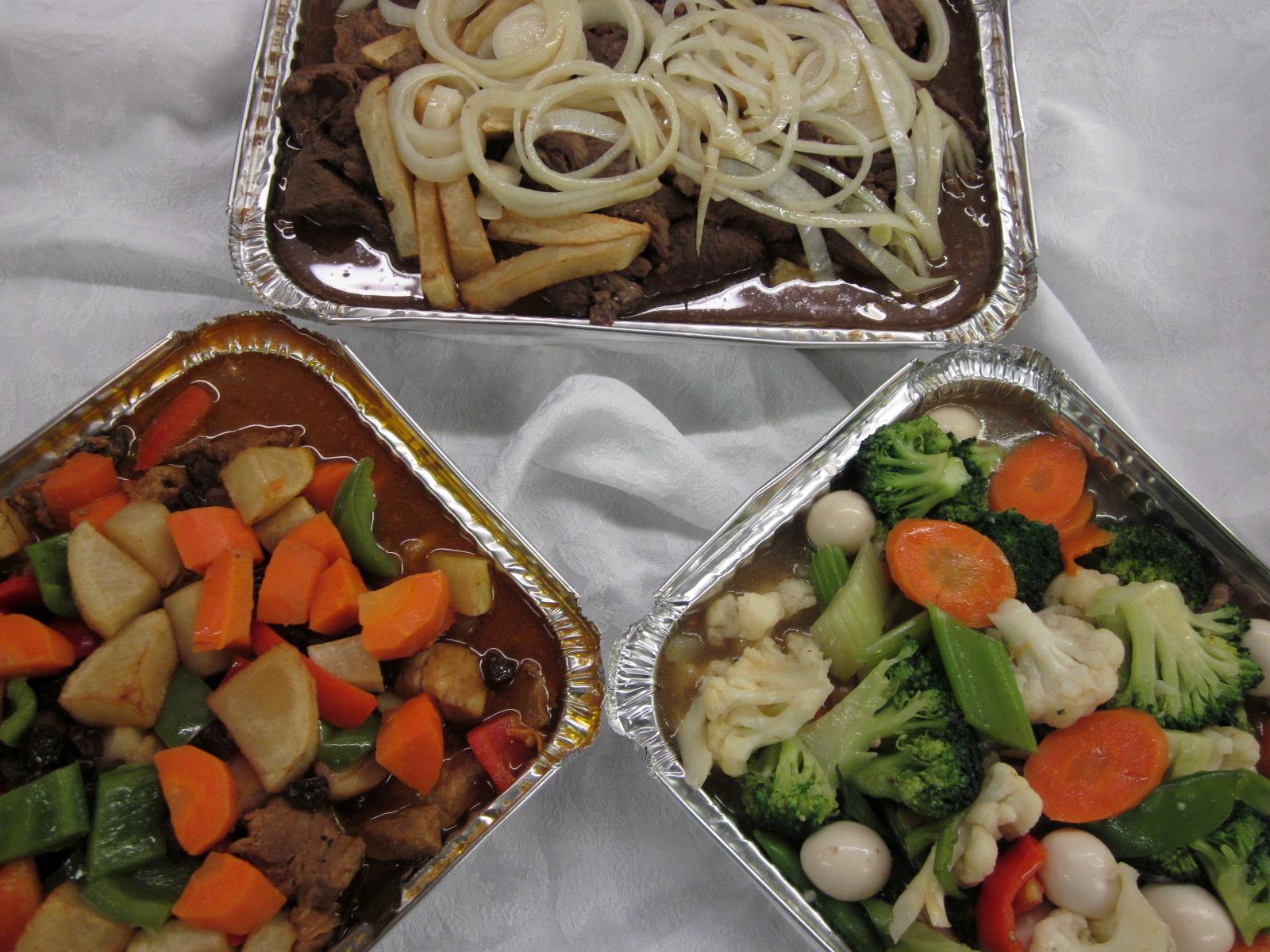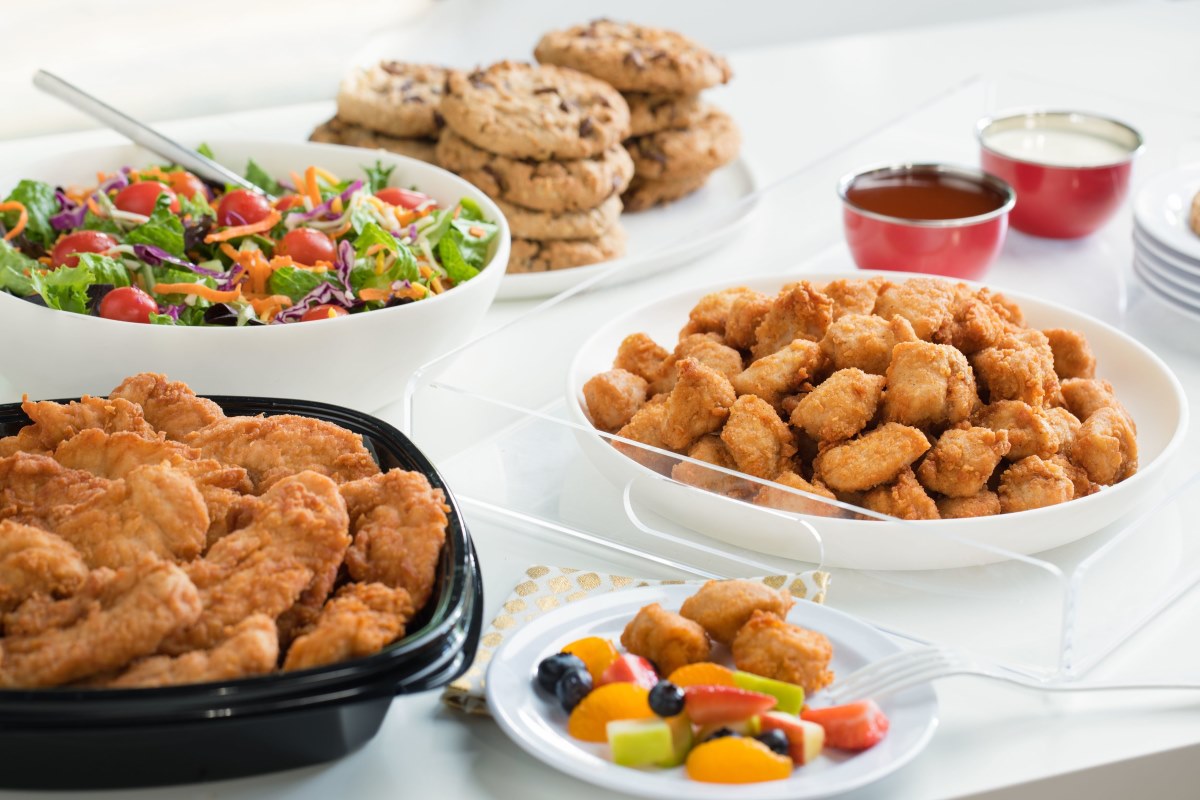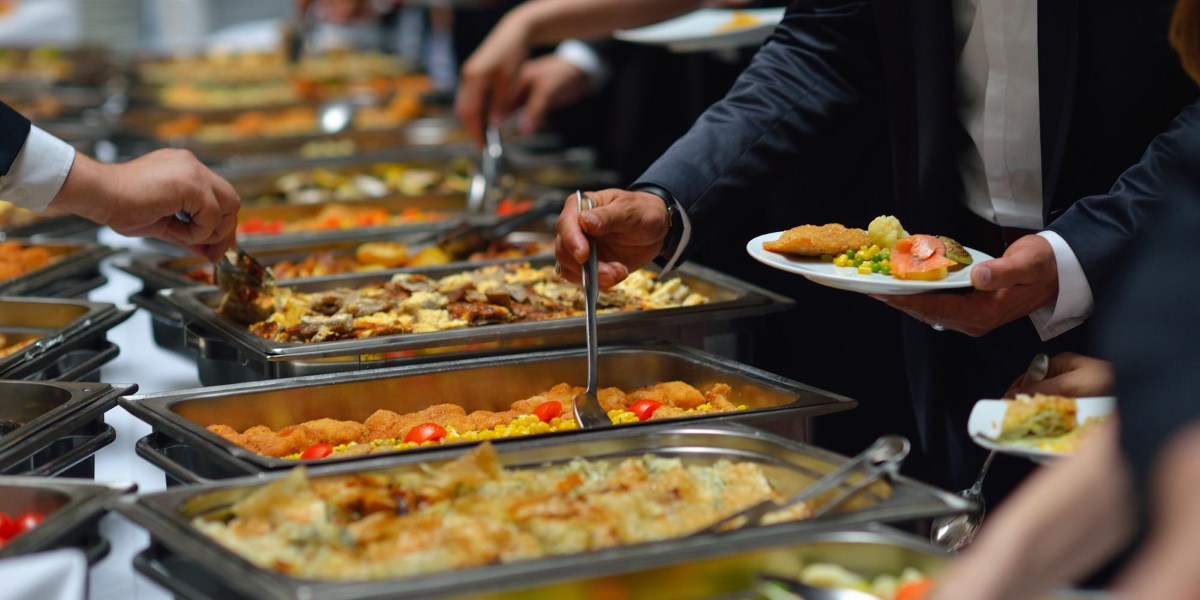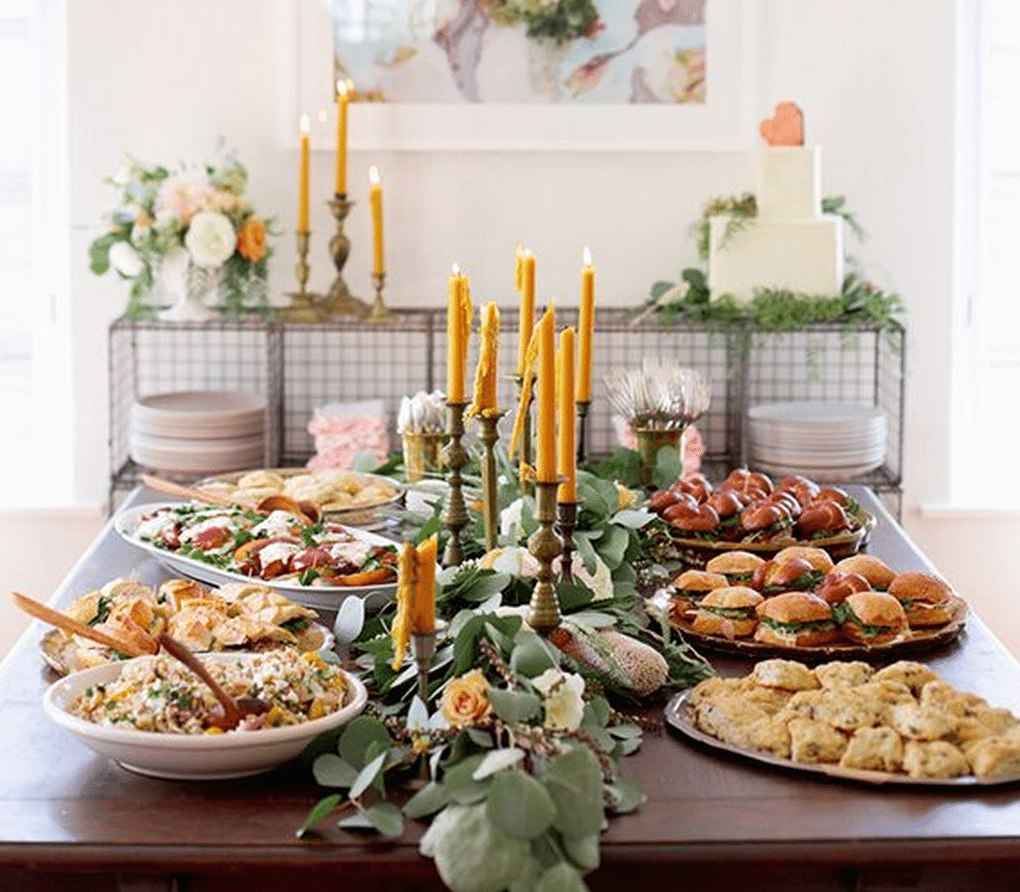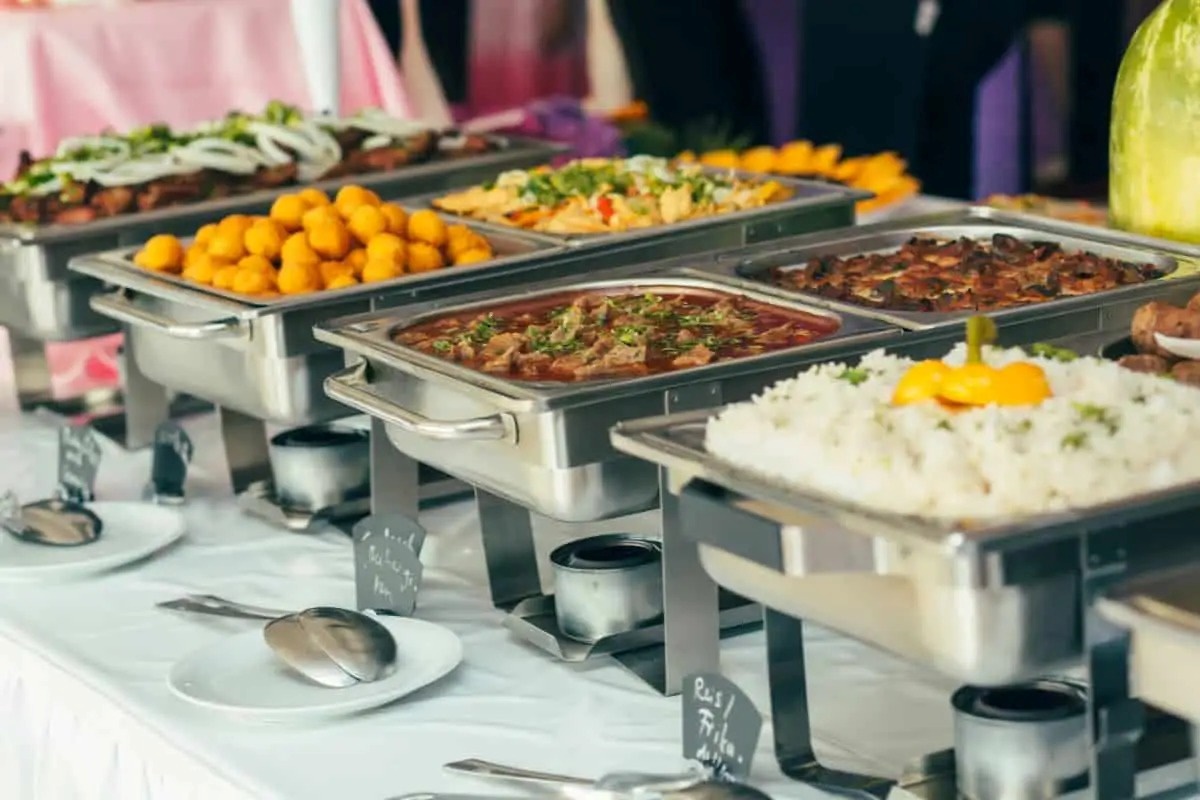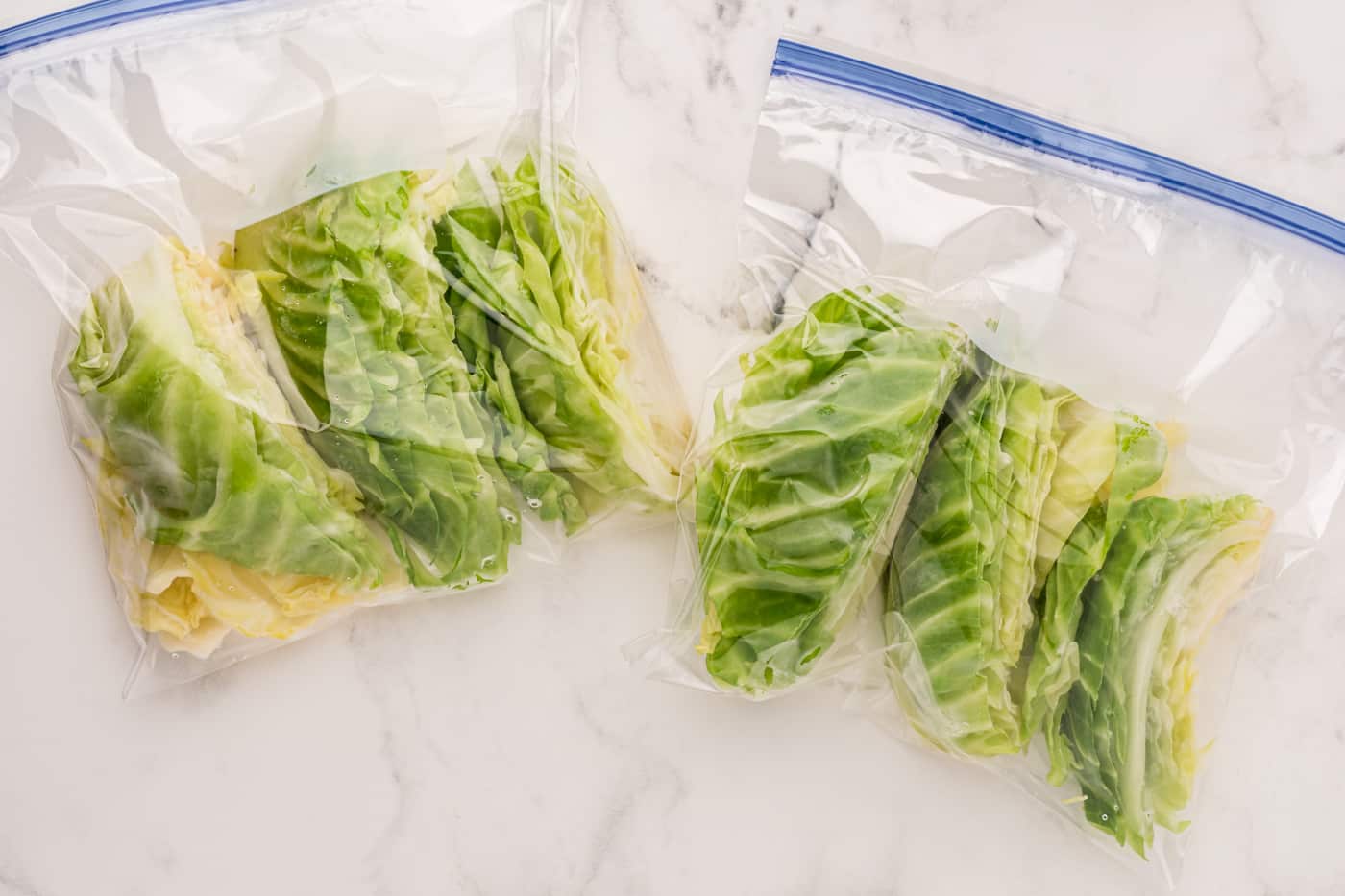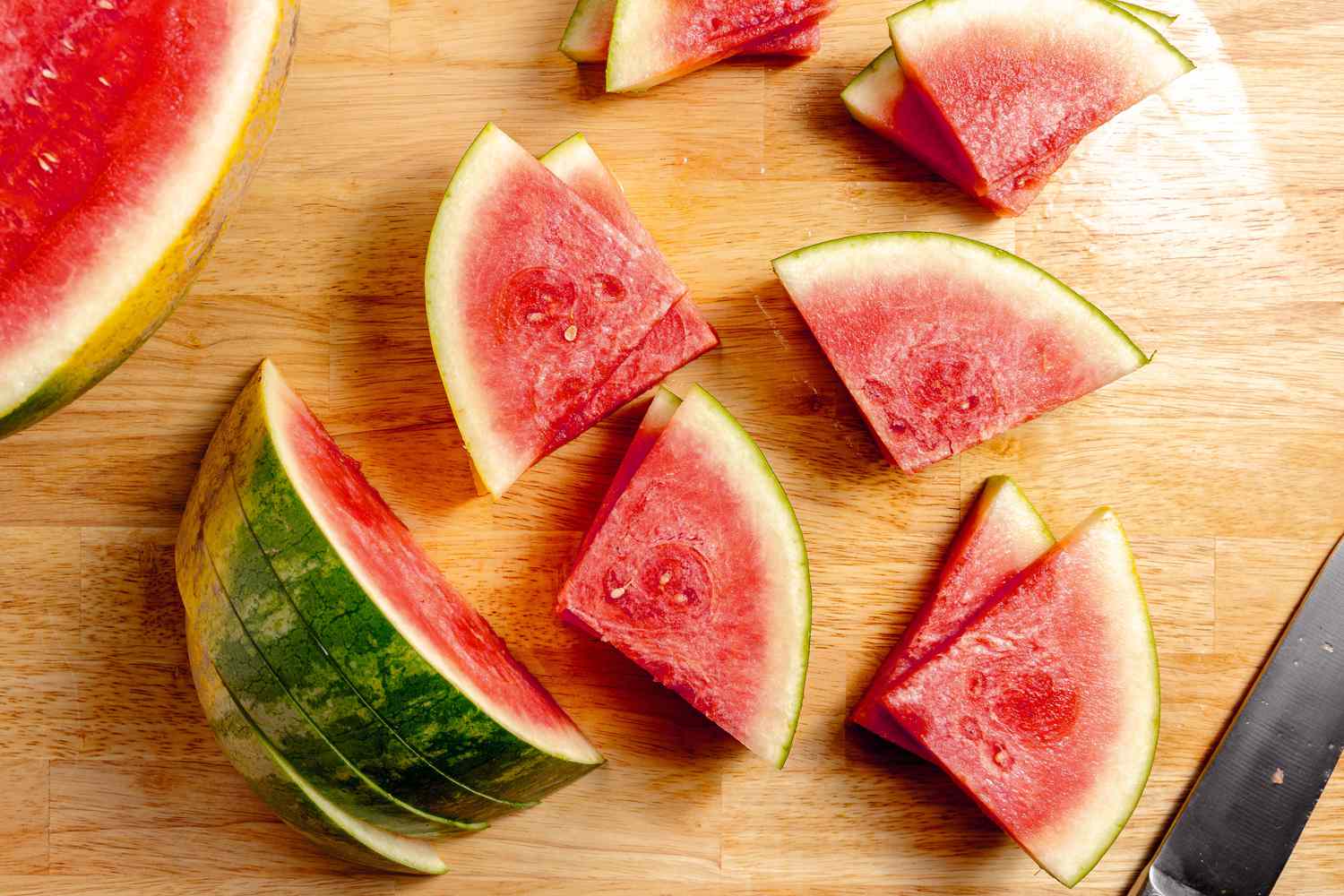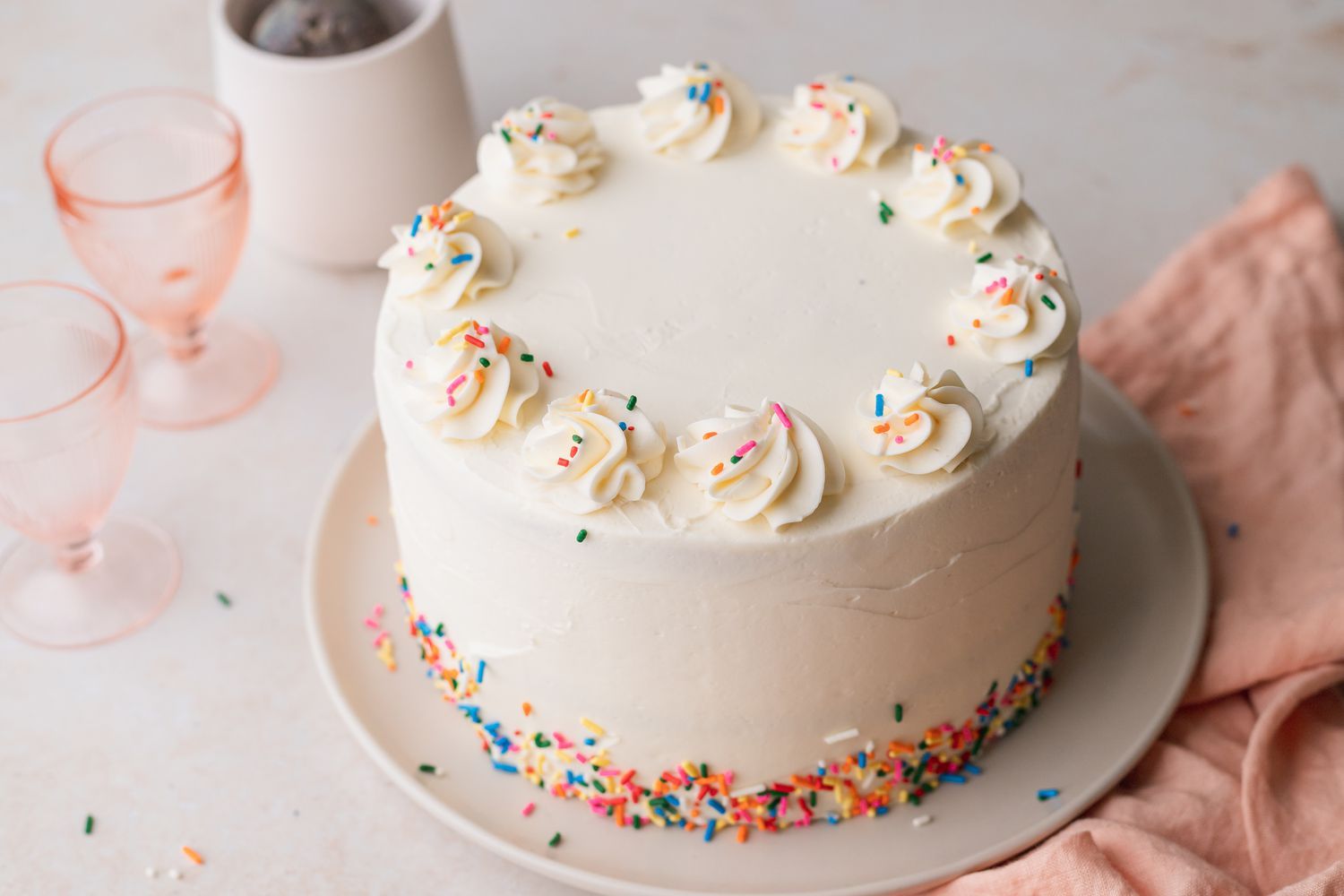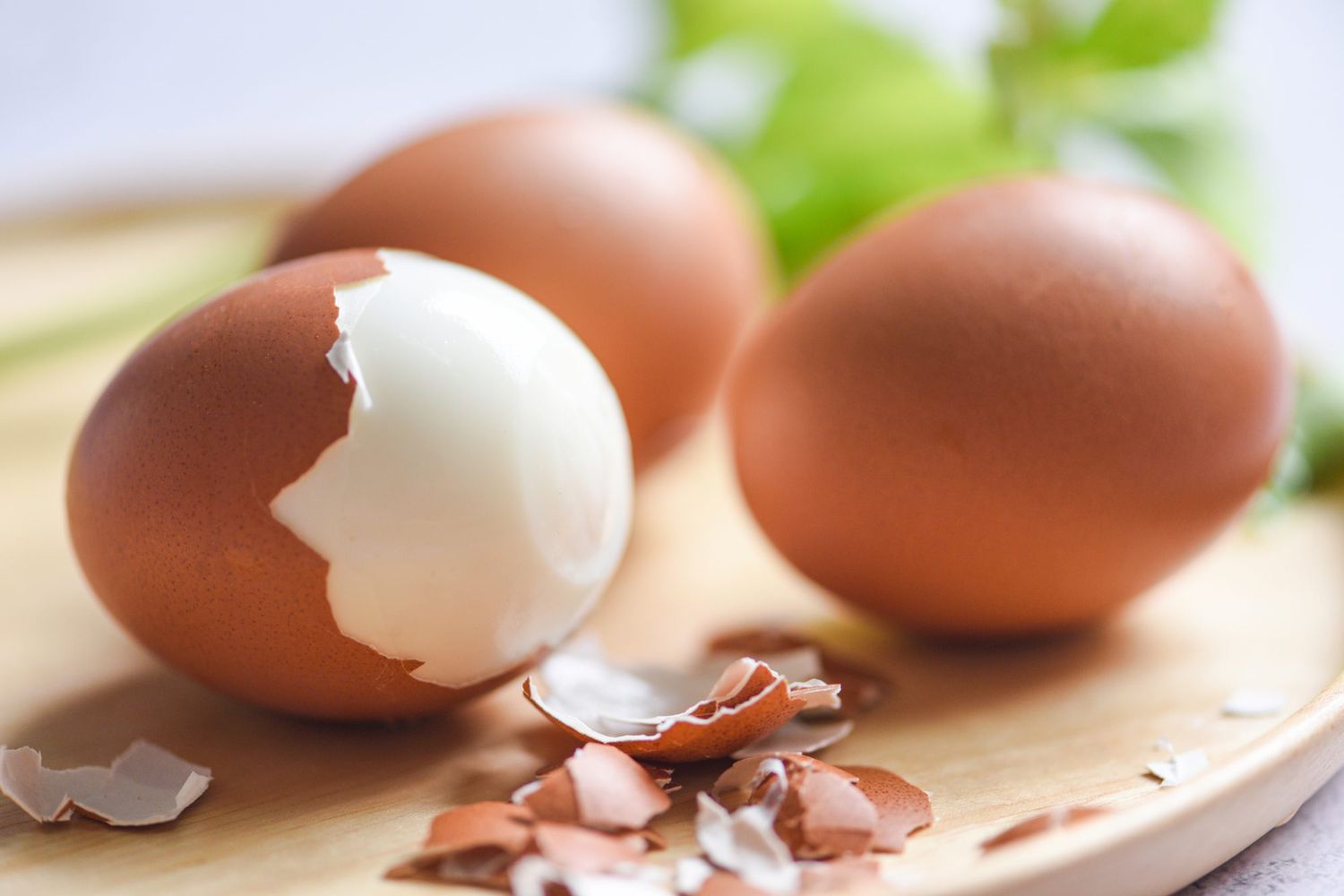How to Cater an Event with Delicious Italian Food
Are you planning to host an event and want to impress your guests with mouthwatering Italian cuisine? Catering an event with Italian food can be a delightful experience for both you and your guests. From classic pasta dishes to delectable desserts, Italian cuisine offers a wide range of options to satisfy everyone’s taste buds. Whether it’s a corporate gathering, a wedding reception, or a birthday celebration, here are some tips on how to cater an event with delicious Italian food that will leave your guests raving about the experience.
1. Plan the Menu
The first step in catering an event with Italian food is to plan a well-thought-out menu. Consider the preferences of your guests and the style of the event. Include a variety of dishes such as antipasti, pasta, main courses, and desserts. Classic Italian dishes like bruschetta, lasagna, chicken piccata, and tiramisu are always crowd-pleasers. Make sure to offer options for guests with dietary restrictions, such as vegetarian or gluten-free dishes.
2. Find a Reputable Italian Caterer
When it comes to Italian cuisine, authenticity is key. Look for a reputable Italian caterer who specializes in crafting traditional Italian dishes using high-quality ingredients. Research local catering companies and read reviews to ensure that you choose a caterer with a proven track record of delivering delicious and authentic Italian food. Schedule a tasting session to sample their offerings and discuss your event’s specific requirements.
3. Create a Welcoming Ambiance
Enhance the Italian dining experience by creating a welcoming ambiance at your event. Consider decorating the venue with Italian-themed decor, such as red, white, and green color schemes to represent the Italian flag, and rustic table settings to evoke the charm of an Italian trattoria. Play Italian music in the background to set the mood and transport your guests to the heart of Italy.
4. Offer Interactive Food Stations
Add an interactive element to your event by incorporating food stations where guests can customize their Italian dishes. For example, set up a pasta station where guests can choose their preferred pasta, sauce, and toppings. A bruschetta bar or a gelato station can also add a fun and engaging touch to the catering experience, allowing guests to personalize their food according to their preferences.
5. Provide Wine Pairings
Italian cuisine is incomplete without the perfect wine pairings. Elevate the dining experience by offering a selection of Italian wines that complement the flavors of the dishes being served. From crisp Pinot Grigio to robust Chianti, a well-curated wine list can enhance the overall enjoyment of the Italian culinary journey for your guests.
6. Incorporate Authentic Italian Desserts
No Italian meal is complete without indulging in delectable desserts. Surprise and delight your guests with an array of authentic Italian sweets, such as cannoli, panna cotta, or affogato. These irresistible treats will leave a lasting impression and satisfy everyone’s sweet tooth at the end of the meal.
7. Accommodate Dietary Restrictions
It’s essential to accommodate any dietary restrictions or food allergies that your guests may have. Work closely with your Italian caterer to ensure that there are options available for guests with specific dietary needs, whether it’s vegetarian, vegan, gluten-free, or other requirements. A thoughtful and inclusive menu will ensure that all your guests can enjoy the Italian feast without any concerns.
8. Gather Feedback
After the event, gather feedback from your guests about their dining experience. Take note of their favorite dishes, the overall presentation, and any suggestions for improvement. This valuable input can help you refine your future Italian catering endeavors and ensure an even more memorable experience for your guests.
Catering an event with delicious Italian food is a fantastic way to create a memorable and enjoyable experience for your guests. By carefully planning the menu, collaborating with a reputable Italian caterer, and paying attention to the details, you can deliver an authentic Italian culinary journey that will leave a lasting impression on everyone in attendance.
Was this page helpful?
Read Next: How To Cater Lunch For 4
